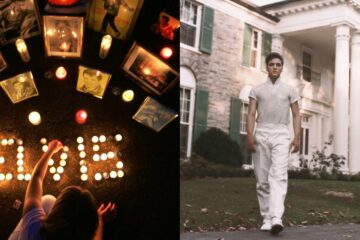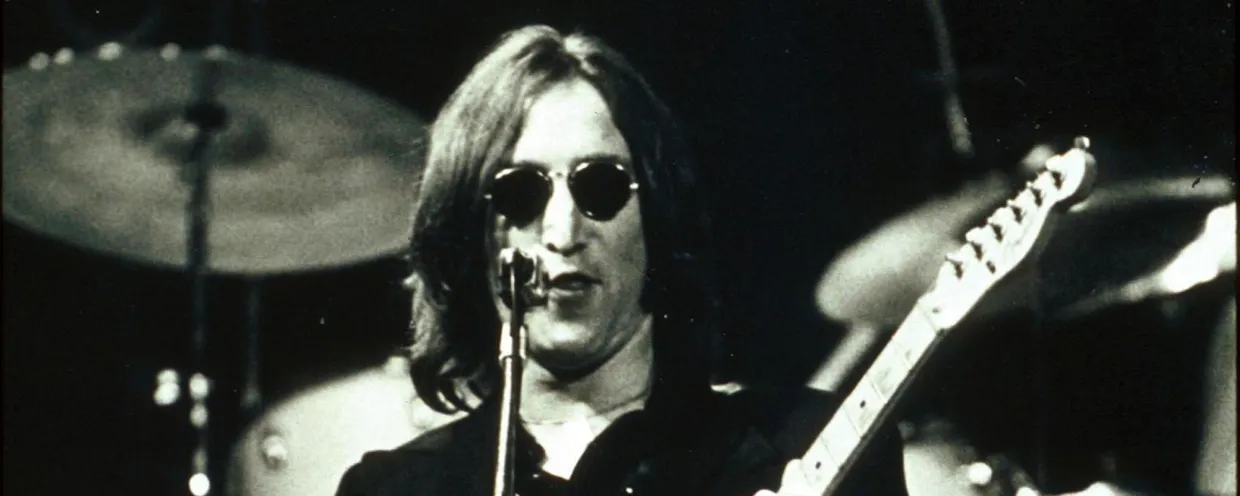To be a songwriter on the level of Paul McCartney and his Beatles songwriting partner, John Lennon, you need a hell of a lot of practice and patience. Sadly, it’s nigh on impossible to come out of the trap with a masterpiece like ‘Eleanor Rigby’. Such lyrical quirks only arrive after several years of trial and error and crucially demand a developed lyrical personality. Only McCartney could write a song like ‘Let It Be’, and only Lennon could write one like ‘I Am The Walrus’.
Upon a quick scan of The Beatles’ catalogue, it is clear that Lennon and McCartney had very different approaches to songwriting. However, the pair often cited a strange telepathy wherein they could combine their approaches to finish each other’s ideas in a vastly profitable synergy. Though most songs were mostly attributable to one or the other, classics like ‘A Day in the Life’ and ‘We Can Work It Out’ showcased a beautiful blend of the two songwriters’ talents.
When The Beatles broke up in April 1970, all four members branched off into respective solo careers. George Harrison was initially very successful with his epic album All Things Must Pass; Lennon struck a chord with John Lennon/Plastic Ono Band and Imagine; and McCartney established a successful career with and without Wings. However, neither career could quite live up to the sum of the four parts.
Fortunately for The Beatles, Lennon and McCartney’s songwriting seemed to strike a peak in the mid-to-late 1960s. This unbeatable period for the band brought us solid albums like Revolver, Sgt. Pepper’s Lonely Hearts Club Band and Abbey Road and some of the band’s most imaginative hits. Though he would lament a lack of album real estate, Harrison, too, struck a zenith during the late ’60s with enduring compositions like ‘While My Guitar Gently Weeps’, ‘Something’ and ‘Here Comes the Sun’.
When appraising his own work, like many fans, McCartney notes a particular peak in songwriting prowess in the 1966 masterpiece Revolver. McCartney’s contributions to the album included ‘Eleanor Rigby’, ‘Here, There and Everywhere’, ‘Good Day Sunshine’ and ‘Got to Get You into My Life’. The second of these was McCartney’s favourite of his contributions to The Beatles.
“I’m often asked what my favourite song I’ve ever written is, and I don’t ever really want to answer it, but if pushed, I would go to ‘Here, There, and Everywhere’,” he said on the Paul McCartney: A Life in Lyrics podcast.
Elaborating, McCartney explained how writing great lyrics was never necessarily difficult, but it was an almost subconscious process that sometimes worked very well and others not so much. Picking out the line, “Changing my life with the wave of a hand,” as a highlight, he said, “I look at those lyrics now and think, Where did that come from? What was it?” Later, he added that “things slip out like they would in a session with a psychiatrist. Basically, I always say when I’m writing a song, I’m following a trail of breadcrumbs.”
In his long and winding solo career, McCartney has navigated a few creative ups and downs. After his progressive and mostly acclaimed 1980 album Paul McCartney II, he entered a self-confessed nadir in the 1980s but made something of a comeback in 1997 with the critically lauded Flaming Pie.
When discussing his songwriting in Flaming Pie in his book The Lyrics, McCartney seemed proud of his work on the album, even if the song ‘Great Day’ was a “throwaway”. As the contentious Beatles track ‘Maxwell’s Silver Hammer’, which Harrison described as “fruity”, suggests, McCartney has always been fond of waggish ditties. “It was added at the end, a bit like my song ‘Her Majesty’ showing up at the end of Abbey Road,” he said of ‘Great Day’. “I think it’s kind of good when you have a collection of songs that have clearly been thought out, to then finish with something that’s a little throwaway.”
Although Harrison, who saw music as a space for spiritual enlightenment and the rumination of life’s serious questions, might have disagreed, McCartney likes to have a bit of fun on his albums and leave a smile on his listeners’ faces. “It reminds us that not everything is thought out, and it can put you in a good mood for the rest of the night,” he concluded.



